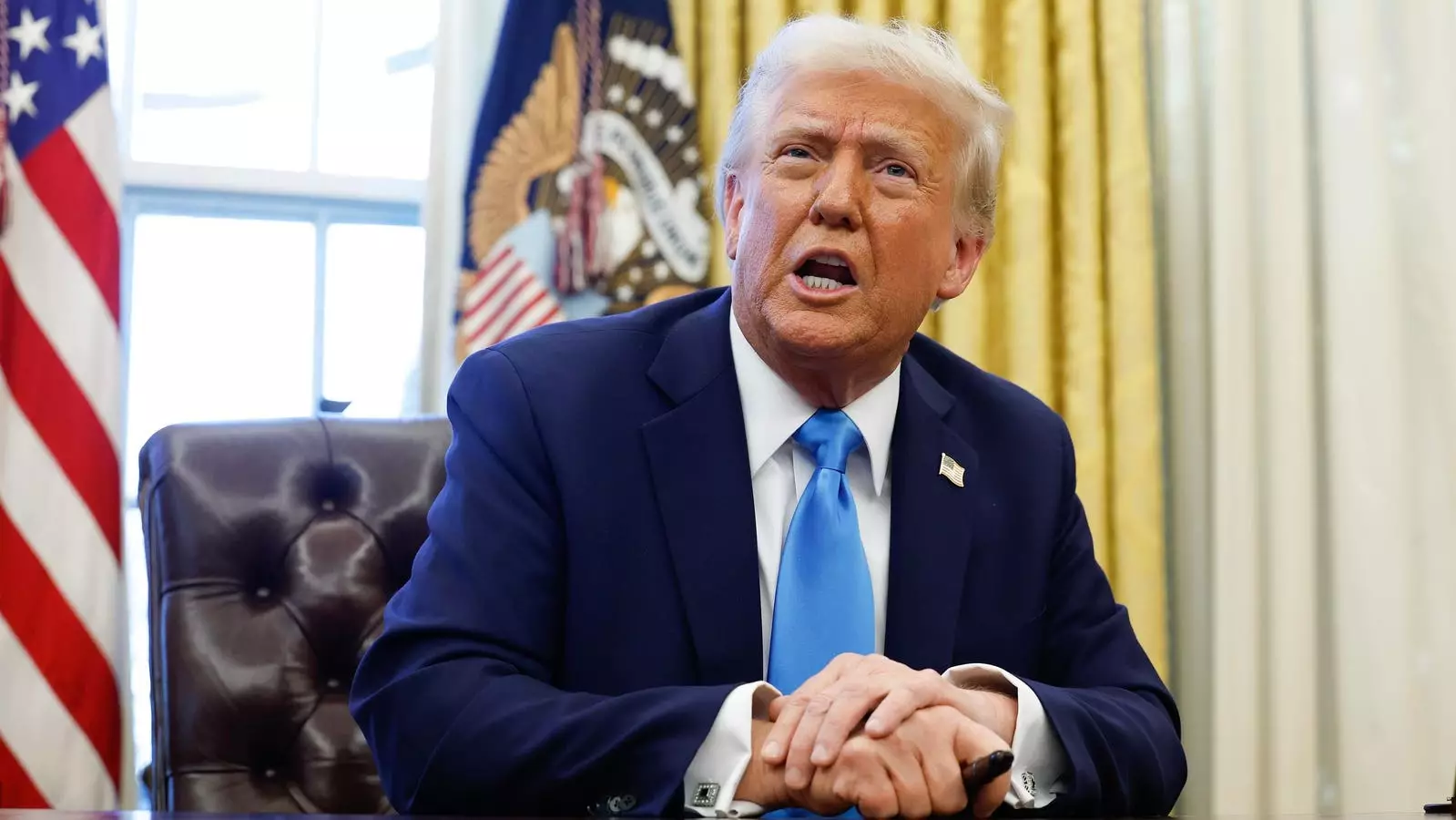The recent transformation in the U.S. political landscape, characterized by the advent of the Trump-Vance Administration, has initiated a flurry of changes that could reshape the nation’s approach to humanitarian aid, immigration, and public health. As we follow these developments, it’s crucial to analyze how they may affect not only the country but the global community as well. This examination will cover the implications of potential increases in food prices, the risks to global humanitarian efforts, and the challenges posed to the food system through immigration dynamics.
Despite a strong emphasis on tackling inflation during the administration’s campaign, recent policy proposals suggest that the Trump-Vance leadership may inadvertently exacerbate the issue of food affordability. Research conducted by a group of academic economists indicates that policies designed to bolster national tariffs and engage in trade disputes with key allies such as Canada, Mexico, and China could lead to raised prices for both domestic and imported food items. The consequences of this could be dire, particularly for low-income families already grappling with financial hardships. The administration’s current trajectory may lead to a situation where the cost of essentials surges, further marginalizing populations that rely on affordable food options for their sustenance.
In a surprising shift, the Trump-Vance Administration has made moves to freeze foreign aid, a decision that could dismantle vital humanitarian operations managed by the U.S. Agency for International Development (USAID). With outreach efforts spanning 65 countries, USAID plays an instrumental role in delivering medical assistance, food relief, and community capacity-building initiatives. The abrupt cessation of these programs places the food security of more than 60 million individuals at grave risk and could undermine the stability of nations reliant on U.S. support. As CNN highlights, the impending job losses for USAID staff pose not only a financial burden but also threaten to destabilize diplomatic relations and global peace initiatives. U.S. Congressman Eric Sorensen’s remarks underline the detrimental impact of slashing benefits for vulnerable populations, setting a concerning precedent for future governance.
The fabric of the U.S. agricultural sector is intricately woven with the contributions of immigrant workers. Over 75% of crop farmworkers fall under the umbrella of either documented or undocumented immigrants, showcasing the indispensable role they play in maintaining food production levels. Not only do immigrants contribute to the cultural mosaic of communities, but data suggests they form a crucial part of the economic engine; nearly one in six tax dollars collected by all levels of government originates from immigrant households. However, the Trump-Vance Administration’s rapid-fire immigration initiatives pose a significant threat to these contributions.
The aggressive immigration policy directives, including heightened raids by U.S. Immigration and Customs Enforcement (ICE), jeopardize the stability of the agricultural workforce. A strained immigration system could lead to labor shortages, resulting in decreased food availability and increased prices for consumers. Despite the intent to fortify domestic employment, analysts express concern that these policies may give rise to an exploitative system reliant on H-2 visas, perpetuating conditions associated with labor abuse, human trafficking, and wage theft—essentially creating an environment rife with potential exploitation while undermining the dignity of work.
Lastly, the administration’s decisions regarding global health engagement signal a withdrawal from established international frameworks. The impending exit from the World Health Organization (WHO) and the Paris Agreement on Climate Change will undoubtedly diminish collaborative efforts aimed at tackling global health crises and environmental challenges. Initial steps taken by agencies like the Centers for Disease Control and Prevention (CDC) to lessen their collaboration with the WHO could hinder preventive measures during times of health emergencies.
Furthermore, the executive order to halt funding tied to the Inflation Reduction Act of 2022 limits progressive endeavors such as climate-smart agriculture programs, leading to broader implications for both the agricultural sector and climate resilience.
As we consider the shifts in policy ushered in by the Trump-Vance Administration, the potential for widespread repercussions becomes ever clearer. From rising food costs to humanitarian aid rollbacks and immigration policy challenges, these changes promise to affect diverse segments of society. While advocacy and adjustments are necessary, the long-term implications of these policies warrant careful scrutiny. The interplay between these factors will shape not only American communities but also global landscapes in profound and complex ways. It remains critical for citizens and policymakers alike to stay informed and engaged as these policies evolve.


Napsat komentář